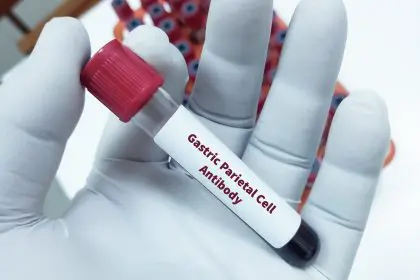Boils can create significant discomfort, particularly when they develop in private areas. These painful, pus-filled lumps impact quality of life and require proper understanding for effective management. Knowledge about their causes helps prevent occurrence and guides appropriate treatment decisions.
Understanding boil formation
Medically known as furuncles, boils develop as inflamed bumps around hair follicles or oil glands. The condition typically results from bacterial infection, most commonly Staphylococcus aureus. What begins as a tender, red lump eventually fills with pus, creating pressure and discomfort in affected areas.
These infections particularly favor areas where sweat, friction, and moisture create favorable conditions for bacterial growth. Private areas prove especially vulnerable due to their naturally moist environment and sensitive skin.
Common contributing factors
Poor hygiene practices allow sweat, dirt, and bacteria to accumulate, creating ideal conditions for infection. The sensitive nature of private areas makes proper cleanliness particularly crucial for preventing boil formation.
Grooming practices can increase risk, as shaving or waxing sometimes causes hair to grow inward rather than outward. These ingrown hairs often lead to irritation and subsequent infection. Additionally, tight or non-breathable clothing increases friction and traps moisture, making skin more susceptible to bacterial growth.
Health-related causes
Weakened immune systems increase vulnerability to infections, including boils. Conditions like diabetes or other immune-compromising illnesses can make boils more frequent and severe. Certain skin conditions, including eczema or acne, may increase susceptibility by compromising the skin’s natural barriers.
Poor nutrition and inadequate hydration can impair the skin’s ability to fight infections. Essential nutrients and proper hydration play crucial roles in maintaining skin health and preventing bacterial infections.
Warning signs
While many boils resolve independently with proper care, certain symptoms warrant medical attention. Watch for boils that grow larger, become increasingly painful, or fail to heal within two weeks. Fever, chills, or red streaks radiating from the boil may indicate spreading infection requiring immediate evaluation.
Recurrent boils might signal underlying health conditions like diabetes. Regular occurrences should prompt consultation with healthcare providers to identify and address potential contributing factors.
Effective management strategies
Applying warm compresses several times daily helps reduce pain and encourage natural drainage. While over-the-counter antiseptic treatments can help prevent infection spread, avoid harsh chemicals that might irritate sensitive skin.
Resist the urge to squeeze or pop boils, as this can worsen infection or cause spreading. Instead, maintain proper hygiene with mild, fragrance-free cleansers and allow natural healing processes to work.
Prevention approaches
Regular washing with gentle soap and water reduces bacterial buildup. Choose loose-fitting, breathable fabrics like cotton to minimize friction and allow proper air circulation. When shaving proves necessary, use clean razors and follow proper techniques to minimize skin irritation.
Maintain proper hydration and balanced nutrition to support skin health. Managing underlying health conditions through appropriate medical care helps reduce boil occurrence and severity.
Treatment considerations
Most boils respond well to home care, but some cases require medical intervention. Healthcare providers may prescribe antibiotics or perform minor procedures to drain persistent boils. Seeking professional evaluation helps prevent complications and addresses underlying causes.
Understanding when to seek medical attention proves crucial. Watch for signs of spreading infection, including fever or extensive redness. Professional treatment ensures proper management of severe or recurring cases.
Long-term management
Prevention remains key in managing boils effectively. Regular hygiene practices, appropriate clothing choices, and attention to overall health help minimize recurrence. Address any underlying health conditions and maintain open communication with healthcare providers about persistent problems.
Remember that while boils in private areas create significant discomfort, proper understanding and care can effectively manage this condition. Focus on prevention through good hygiene practices while remaining alert to signs that might require medical attention.
This story was created using AI technology.

















